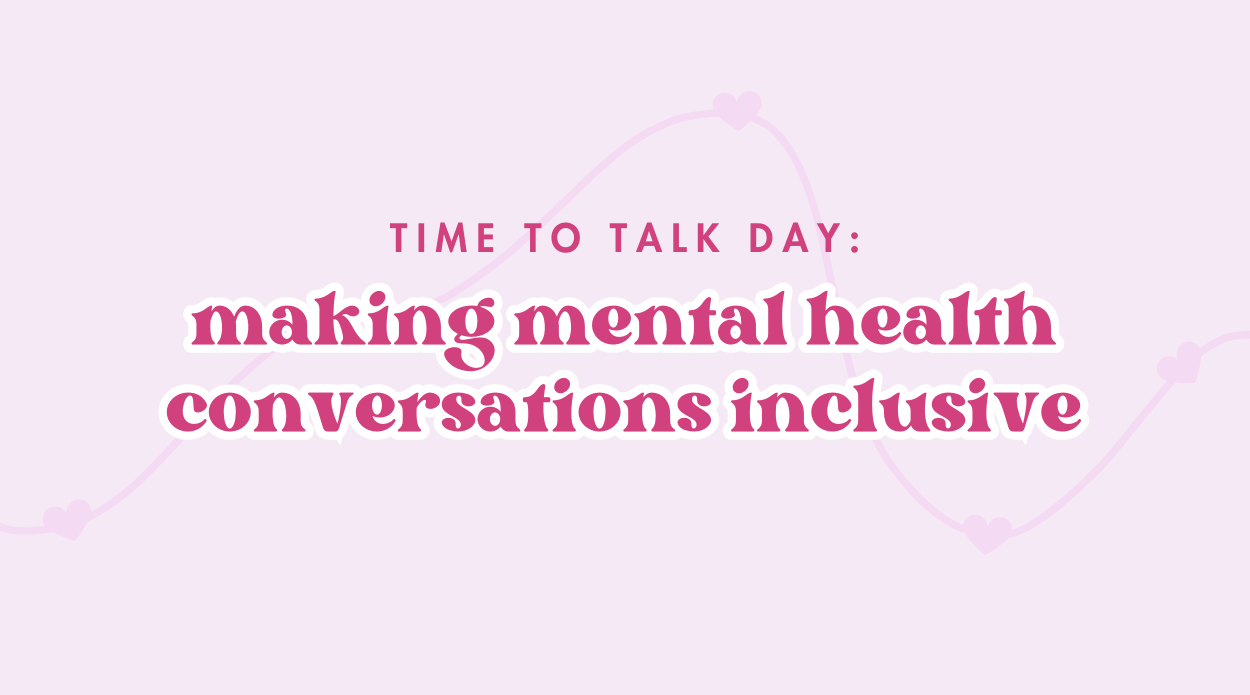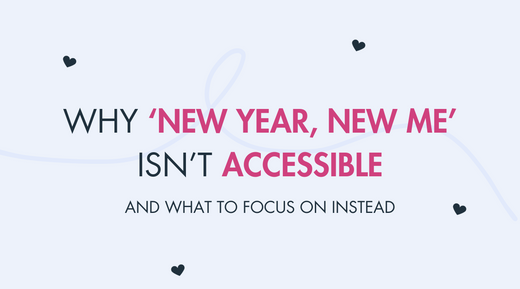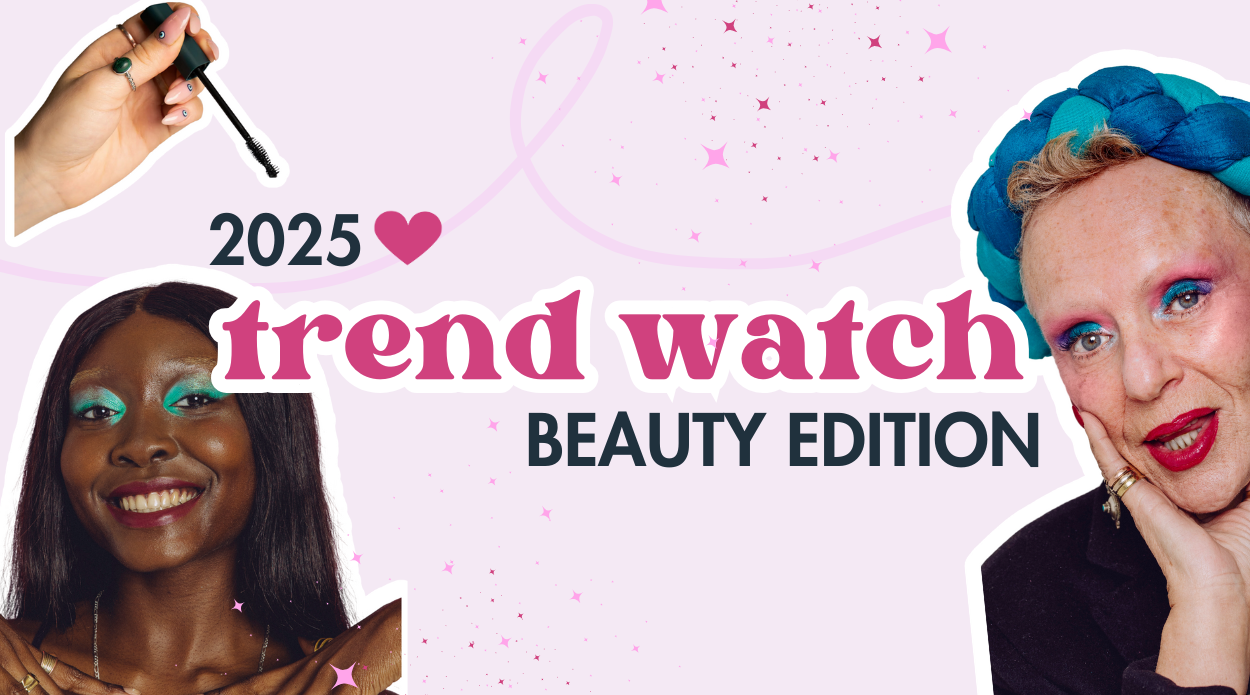It’s Time To Talk Day, and this year, we want to shine a light on an issue that’s often overlooked: disability and mental health.
Let’s create a space for more inclusive conversations about mental health and work together to break down the barriers disabled people face every day.
Being disabled can bring unique challenges that impact our mental wellbeing.
From stigma and inaccessibility to isolation and ableism, these barriers make it important to have conversations that include (and amplify) disabled voices.
Whilst mental health awareness has grown over the years, a lot of the information and advice out there isn’t tailored to (or even inclusive of) the lived experiences of the disabled community.
For example:
-
Telling someone to “join a gym” ignores the fact that most gyms don’t have adaptive equipment or inclusive environments.
-
Recommending that someone should “spend time in nature” overlooks the fact that many outdoor spaces aren’t wheelchair or mobility aid friendly.
-
Encouraging someone to “go out and meet people” isn’t an option when a lot of public spaces don’t prioritise accessibility - or for neurodivergent people who might find social situations overwhelming without the right accommodations.
-
Suggesting a “social media break” feels dismissive when it’s one of the few ways a lot of disabled people can connect with others in our community.
We need to be having more conversations about the unique challenges disabled people face when it comes to mental health - and how we can make support more accessible and inclusive.
Where do we start?
-
Ask
Speak to disabled people and ask what they need - don’t assume. Everyone’s needs are different.
-
Listen
Create safe spaces where disabled people feel heard, validated, and respected.
-
Amplify disabled voices
Make sure disabled people are at the heart of conversations about disability, accessibility, and mental health.
-
Prioritise accessibility
From physical spaces to online platforms - accessibility should always take priority.
-
Educate
Challenge ableism and misconceptions loudly. Awareness and acceptance start with education.
Let’s commit to making mental health conversations truly inclusive 💖





